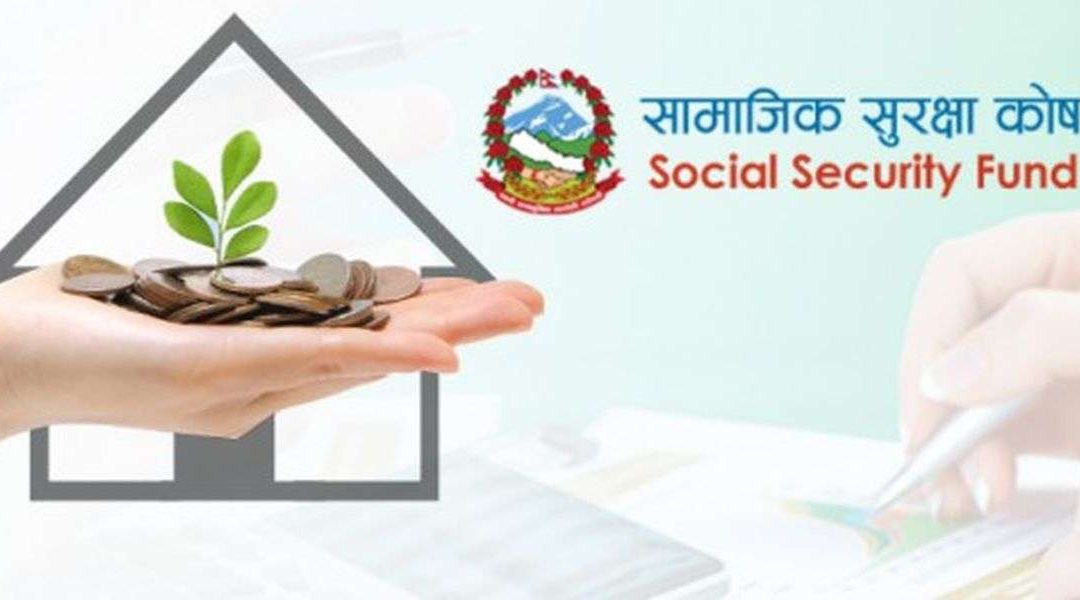Foreign Trademark Registration in Nepal – 11 Free Details
Foreign Trademark Registration in Nepal | Trademark Registration in Nepal
- Relevant Law: Patent, Design and Trademark Act, 2022(1965)
- Trademark is a word, symbol or picture or combination thereof to be used by any firm, company or individual in its product or services to distinguish them with the product or services of others.
- Section 21(b) of the Act states that rights over foreign trademarks can’t be claimed or acquired in Nepal without registering such foreign trademark registration in Nepal is complete.
Documents required for foreign trademark registration in Nepal:
- Application for trademark registration.
- Notarized copy of trademark registration certificate (in foreign country).
- Documents evidencing priority claim (priority registration).
- 4 specimens of trademark {8 cm x 8 cm}.
- Copy of passport of directors/owner.
- Business registration certificate
- Application fee payment receipt.
- Local address and identity document of the local contact person in Nepal.
- Power of Attorney authorizing local person to file Trademark application.
Details to be furnished:
- Name, address, nationality, and citizenship/passport number of the applicant.
- Details of trademark.
- Two witnesses.
- Address of the applicant.
Key pointers:
- Notary of documents is compulsory for all documents except originals.
- Signature of the applicant is required at the flip side of each paper or document.
- Foreign trademark application can be made in English language.
- Separate application should be submitted to register trademarks of goods or services placed in different categories.
- Classification of goods and services as per the Nice classification, 1957.
- There are 34 class and 11 services which is present in the schedule 5 of the Trademark Operation Directives issued by the Department of Industry.
.
Process to register trademark:
- Submission of application and relevant documents at the Department of Industry.
- Investigation by the Department of Industry. The department shall check all the documents and if deemed fit, it shall receive the application and prepares it for further process. The department investigates on the Trademark application and checks if the mark violates any existing laws.
- Publication in the website of Department (www.doind.gov.np) and Intellectual Property Bulletin.
- After publication in the bulletin there’s a 90 days’ time period to claim or challenge the application. Any public can challenge the Trademark if the mark violates any existing laws or if it is pre-owned or registered already. Any one who wishes to challenge the application must furnish relevant proof to support their claim.
- Registration within 1 year if there is no opposition. If there is no opposition then the Department shall register the Trademark and issue a registration certificate. The process, however, is a lengthy process since the department must abide by the due process or the statutory process where certain time must be crossed.
Time limit to use trademark: After a TM is registered it must be brought to usage within 1 year.
Validity of the registered trademark: 7 years from the date of registration until it is renewed.
Renewal of the trademark:
- Trademark should be renewed within 35 days’ from the expiry date of the validity of the trademark.
- Right to the trademark holder to renew the trademark by making payment of penalty of NPR 1,000 within 6 months from the expiry of the said 35 days period and if not done in this period also then it itself become cancelled.
Government revenue:
- Application Fee: NPR 1000 (approx. USD 10)
- Registration Fee: NPR 5000 (approx. USD 50)
- Renewal Fee: NPR 500 (approx. USD 5)
- Trademark Search Fee: NPR 500
Grounds for refusals to register a trademark:
• Violation of the prestige and reputation of any individual or institution.
• If found that it has already been registered in the name of another person.
• If it adversely affects the public conduct or morality or the national interest.
Ground for punishment:
In the following cases, it is considered the laws have been violated, which is backed by penalty as per the law.
- Using or copying trademark without transfer (authority) of the ownership.
- Using the trademark that is cancelled by the Department of Industry.
- Using unregistered trademark.
- Fine up to NPR 100,000 (approx. USD 1,000) and/or confiscation of goods.
If you want to learn more about Foreign Trademark registration in Nepal, feel free to contact us.
#Foreign trademark registration in Nepal



